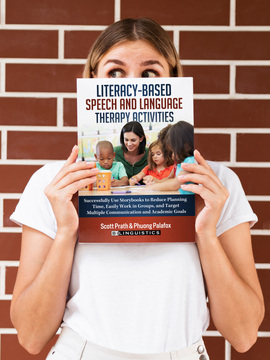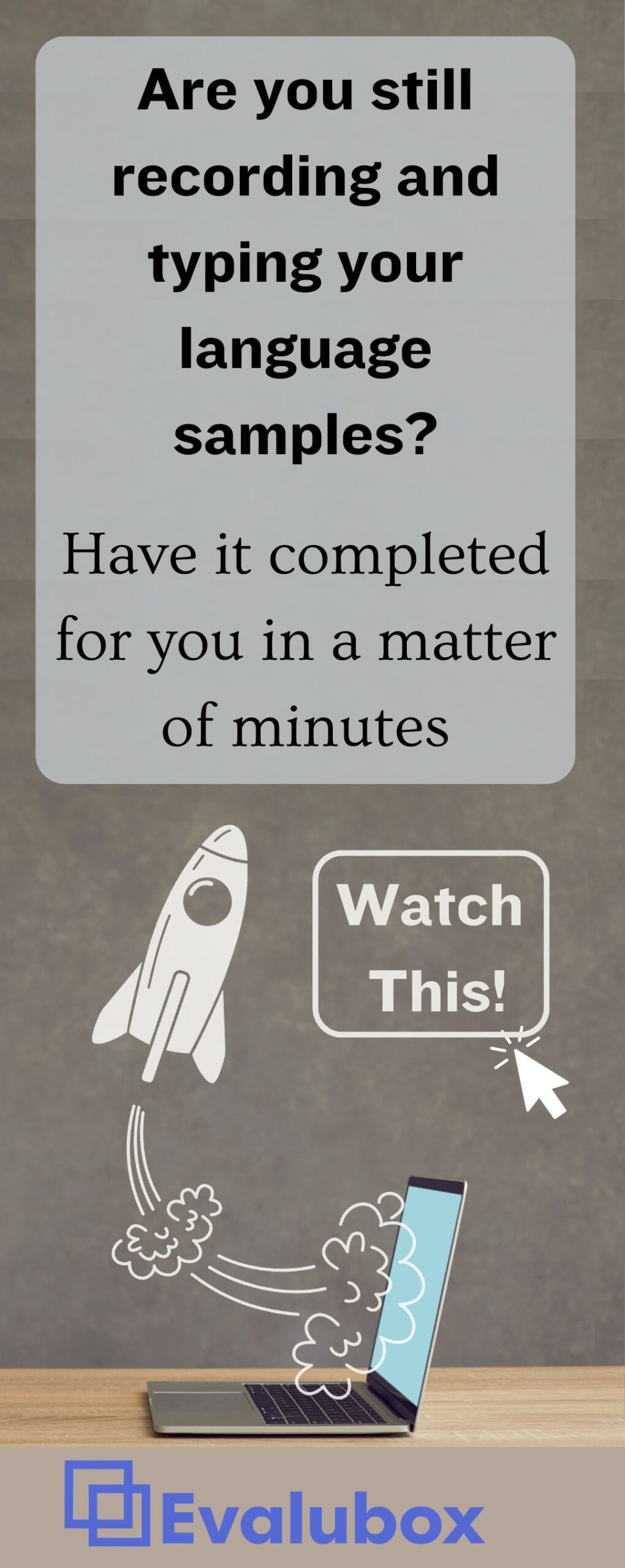This is Part 1 of a 5-Part Series on Executive Function. Links at the bottom.
Testing and reporting on student executive functioning skills is still in its infancy. A study of all available research cited in Executive Function in Education, 2007 found 5 articles on Executive Function in 1985, 14 in 1995, and 501 in 2005. Clearly we are just beginning to acknowledge the significance of executive functioning strategies academics and will probably see a more formalized system of evaluation and goal writing in the near future.
Additionally, many student executive functioning skills deficits have primary disorders such as autism, ADHD, or a learning disability. So additional formal testing is not always carried out because it doesn’t affect whether a student will or will not receive services.
The true purpose of any testing is to identify the specific difficulties that a student is having in order to identify a way to help them. We can easily accomplish this through parent and teacher interview and observation. Download these Executive Function Skills Checklists that we adapted from Jericho Public Schools:
Checklist for Executive Function Skills
Each Executive Functioning Skills Checklist Addresses the Following Areas:
- INHIBITION: The ability to stop one’s own behavior at the appropriate time, including stopping actions and thoughts.
- FLEXIBILITY: The ability to move freely from one situation to another and to think flexibly in order to respond appropriately to the situation.
- EMOTIONAL CONTROL: The ability to modulate emotional responses by bringing rational thought to bear on feelings.
- INITIATION: The ability to begin a task or activity ability to begin a task or activity and to independently generate ideas, responses, or problemsolving strategies.
- WORKING MEMORY: The capacity to hold information in mind for the purpose of completing a task.
- PLANNING/ORGANIZATION: The ability to manage current and future-oriented task demands.
- ORGANIZATION OF MATERIALS: The ability to impose order on work, play, and storage spaces.
- SUSTAINED ATTENTION: The ability to hold attention in one spot and to maintain focus over a prolonged period of time.
- SELF-MONITORING: The ability to monitor one’s own performance and to measure it against some standard of what is needed or expected.
In their book Boosting Executive Skills in the Classroom, Cooper-Kahn and Foster point out that despite the increased use of the term executive dysfunction, it is actually not a disorder in any formal diagnostic system. Instead, Executive Functioning describes difficulties with a cluster of skills that are normally associated with other diagnoses or occur on their own. This book is a wealth of information and also includes executive functioning skills activities.
Now that we know what areas a child is struggling with, we can provide strategies that directly improve how a child organizes, initiates, and accesses strategies for learning. Next, check out:
Executive Function Strategies Matched to Areas of Need (Part 3 of 5)
Featured Websites:
Zeigler Dendy, Chris A., MS. “Assessment of Executive Function Deficits.” Children and Adults with Attention-Deficit/Hyperactivity Disorder (CHADD). The National Resource Center on ADHD, n.d. Web. 17 Mar. 2015.
References:
“Executive Function Performance Test (EFPT).” WUSTL Occupational Therapy. Washington University School of Medicine in St. Louis, n.d. Web. 17 Mar. 2015. <https://www.ot.wustl.edu/about/resources/executive-function-performance-test-efpt-308>.
Meltzer, Lynn. Executive Function in Education: From Theory to Practice. New York: Guilford, 2007. Print.
Public Schools, Jericho. “Executive Functioning: A Handbook for Grades K-12.” (n.d.): n. pag. Jericho Schools. Aug. 2012. Web. 10 Mar. 2015. <https://www.jerichoschools.org/>
Increasing Client Motivation and Self-Direction: Executive Function 201 – CEU Course
Use research on Executive Function to increase student motivation and their ability to stick with tasks.
Strategies for executive function can be incredibly successful but there are a number of students who still have no success despite multiple interventions. This course presents strategies and interventions for when … Continue reading
5 Part Executive Function Series
Part 1: Executive Function in Speech Therapy – What is Our Role as SLPs?
Part 2: Building Student Executive Functioning Skills
Part 3: 9 Ways Executive Function Affects Learning
Part 4: Executive Functions of the Brain – Understand This and Understand Your Students
And a Bonus!: Helping When Children with Executive Function Difficulties Have Additional Diagnoses






Was there information for Part 3 or was it just the Featured Website?
Hi Jane,
Part 3 will be published in a couple of weeks, on the 28th. Stay tuned.
Scott
Hi Scott
Can you please guide a website where I can access the part 3?
Thanks
Upasana
Here you go: Executive Function
Hi Scott
Can you please guide me a website where I can access the part 3
Thanks
Upasana
Here you go: Executive Function